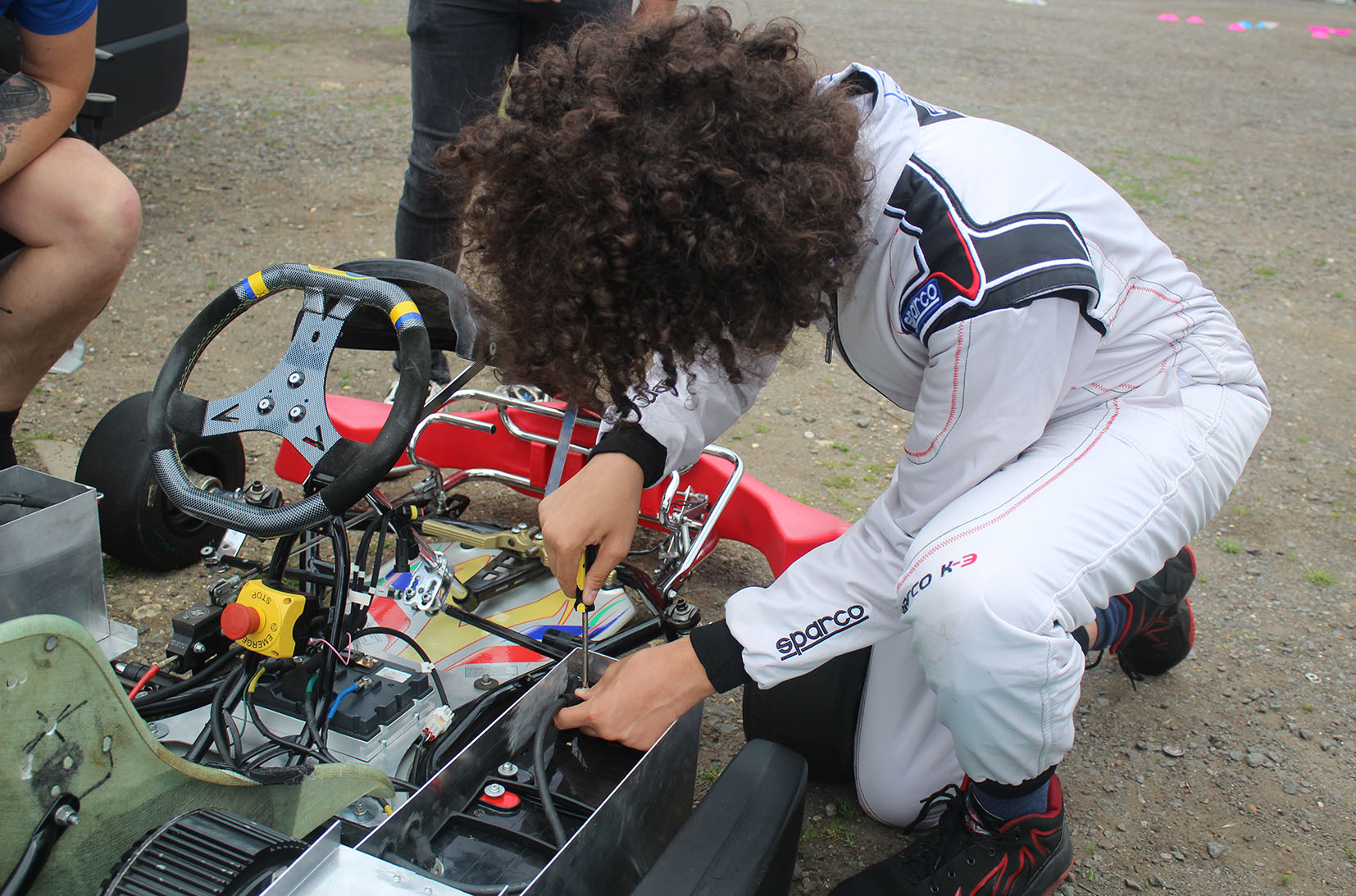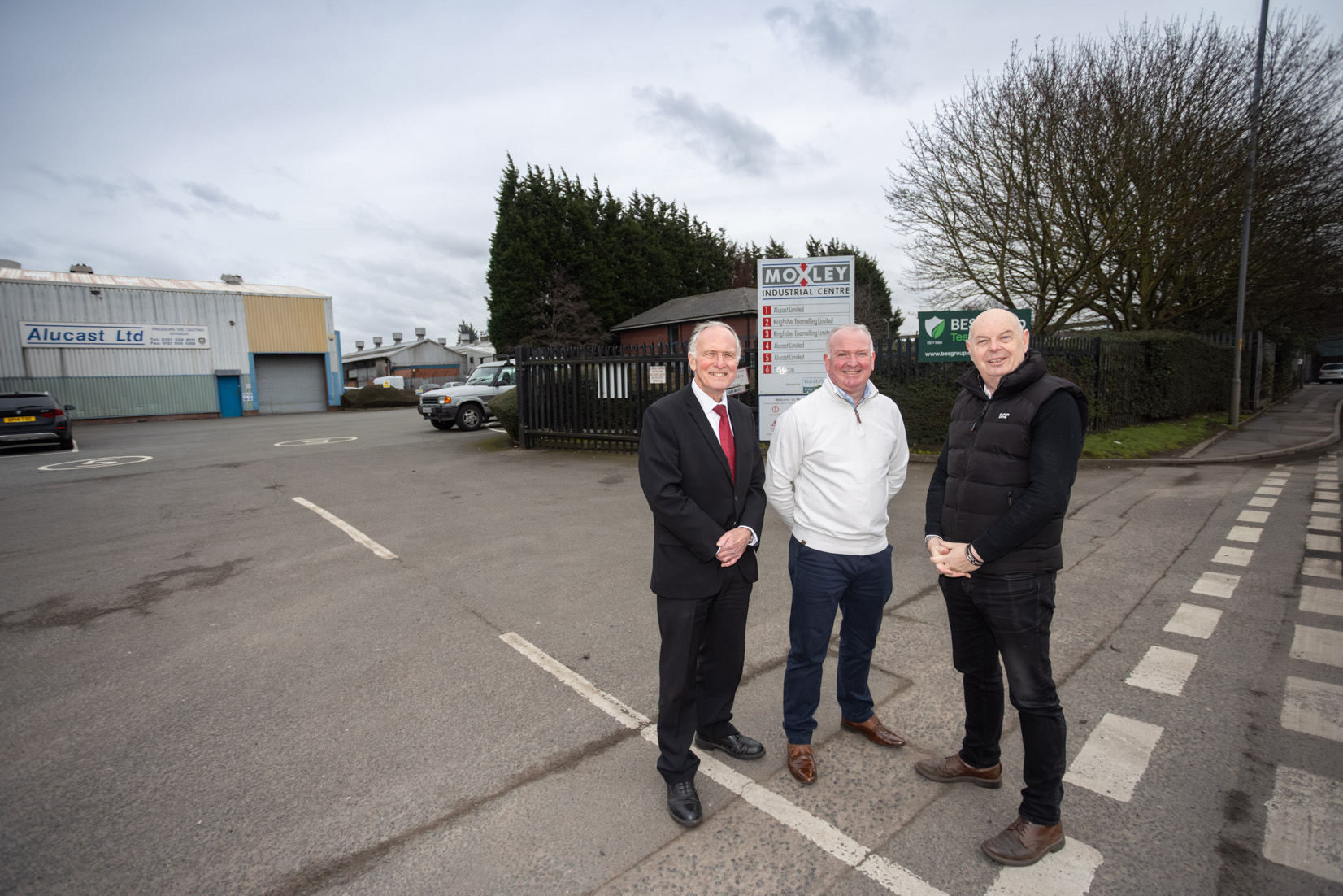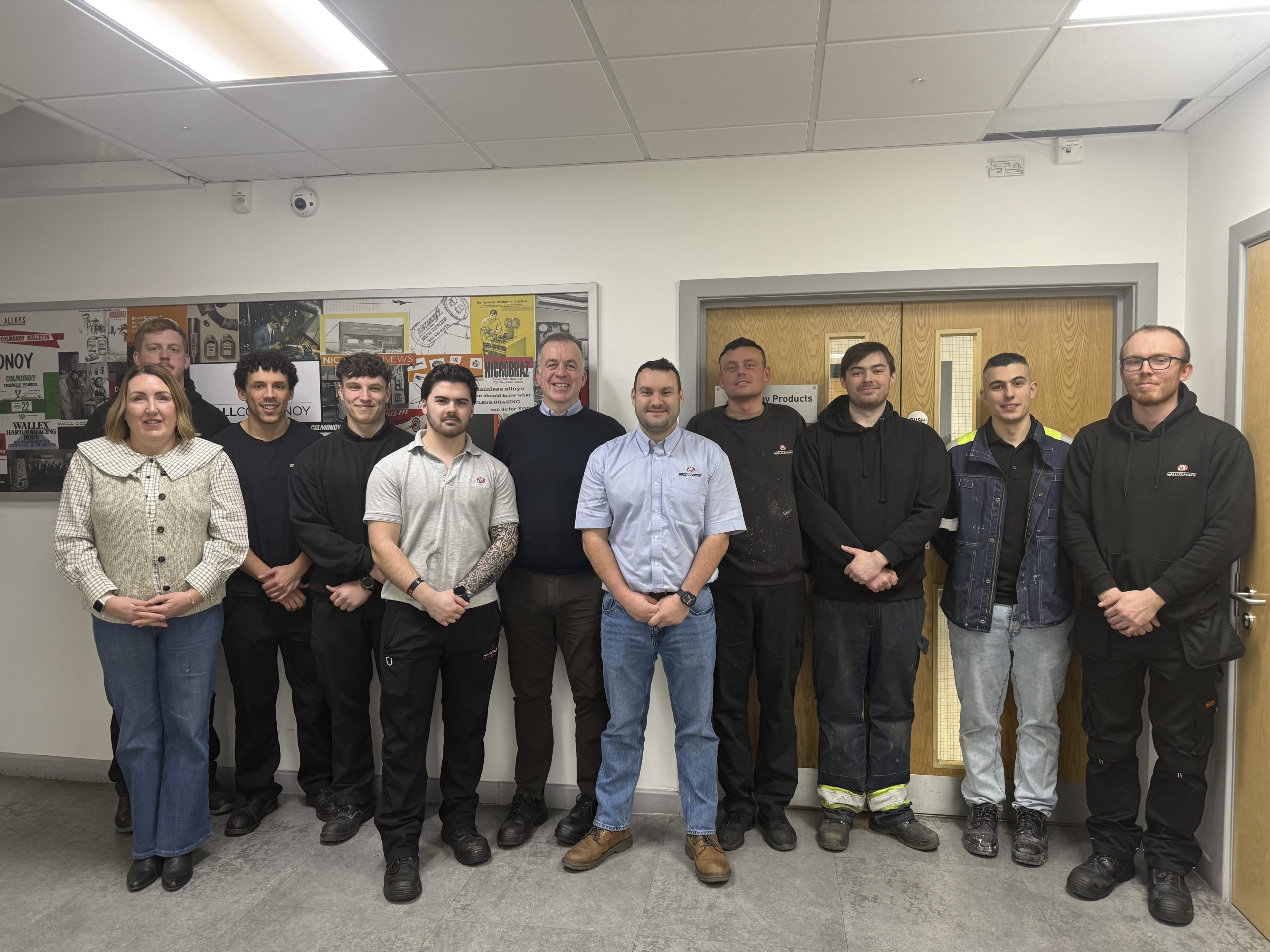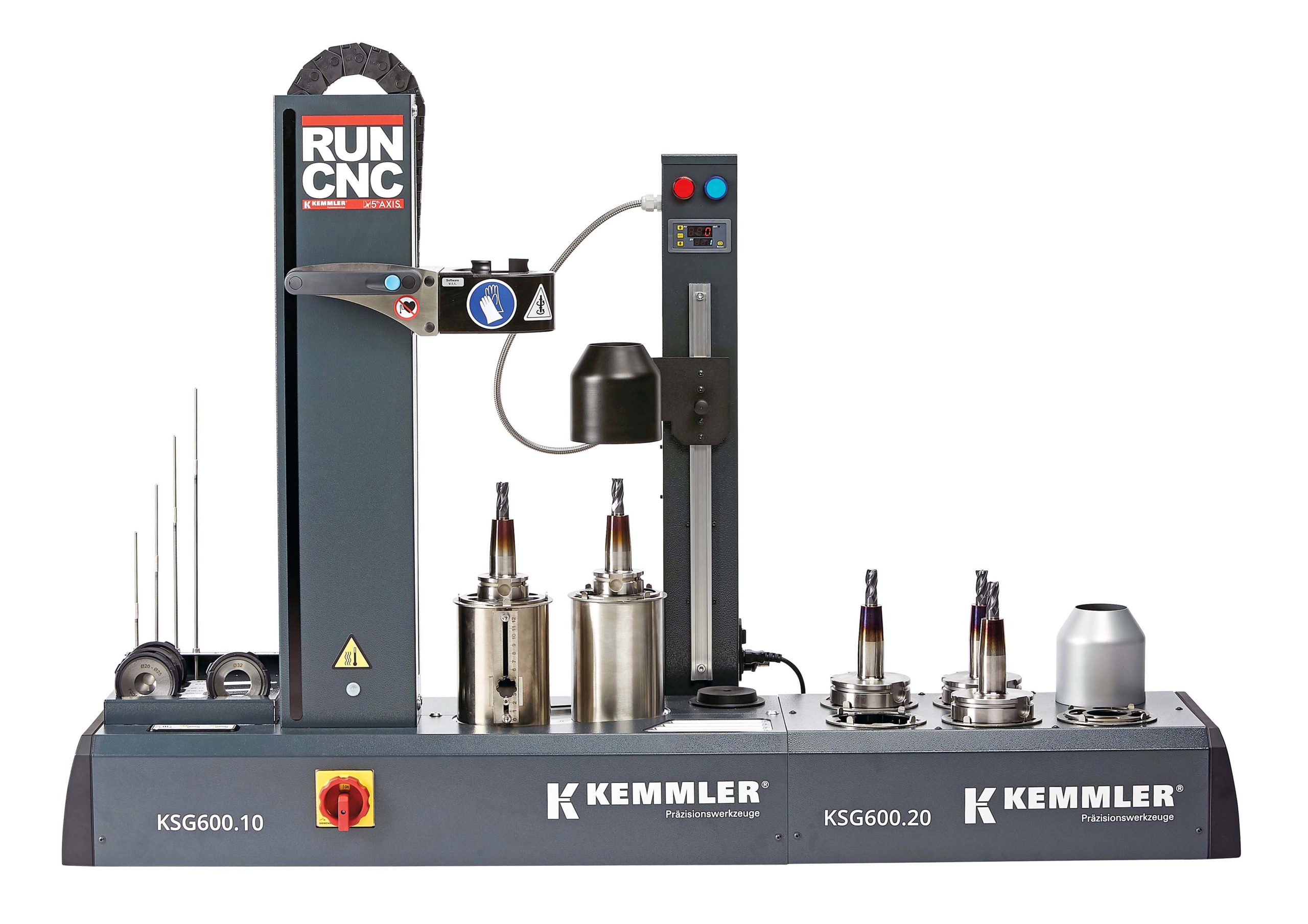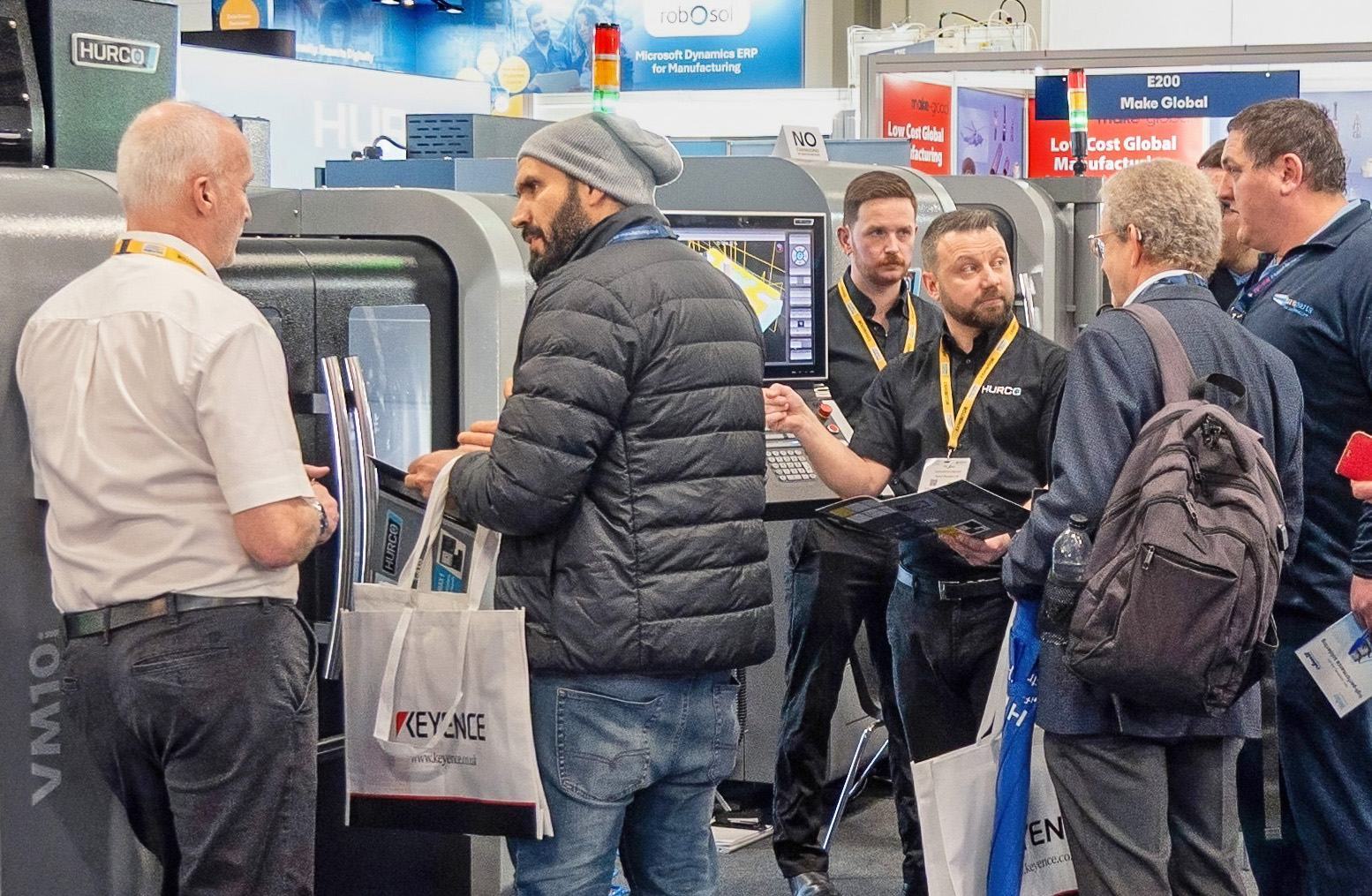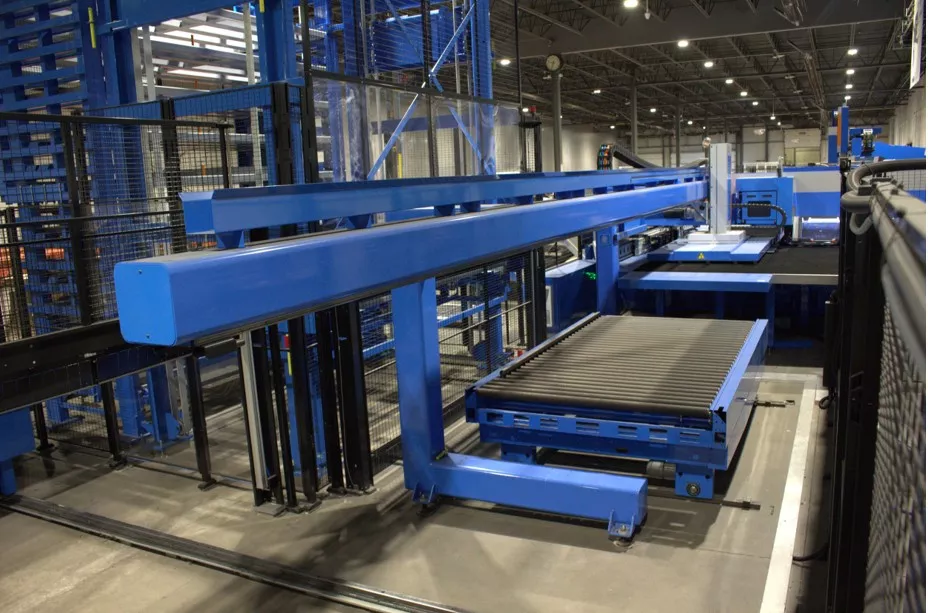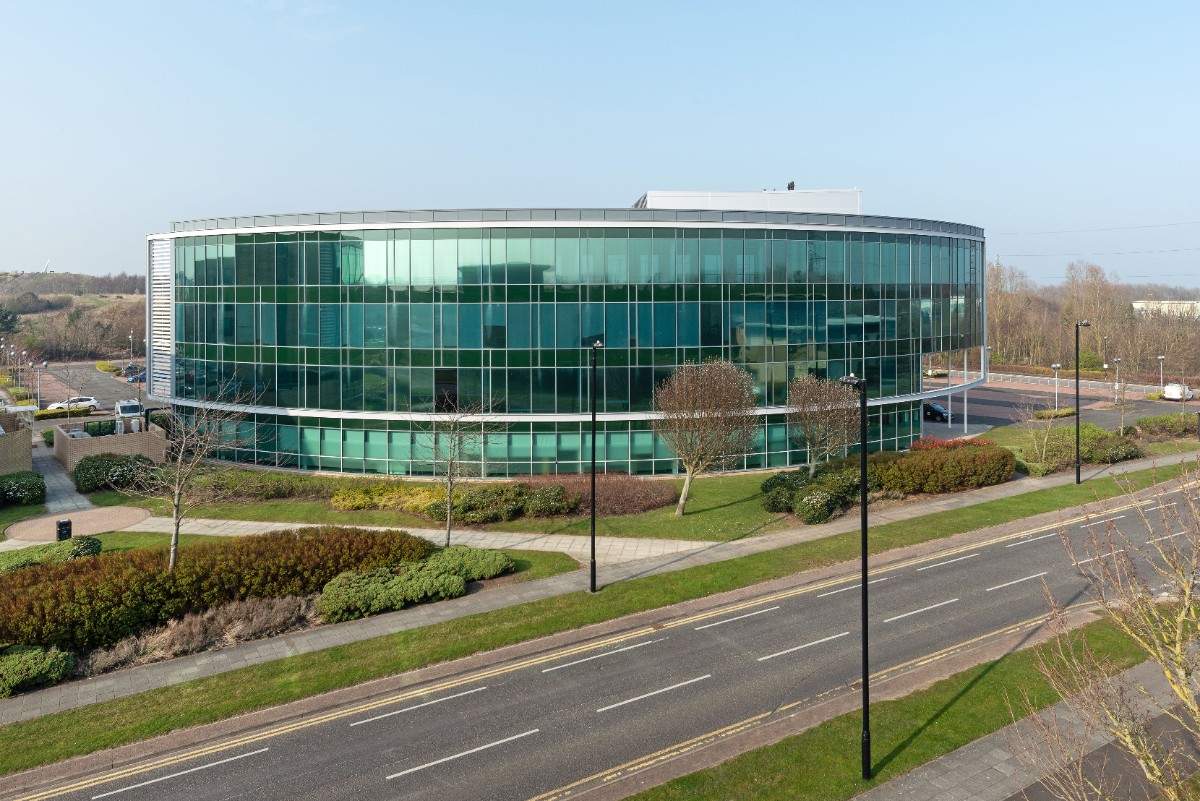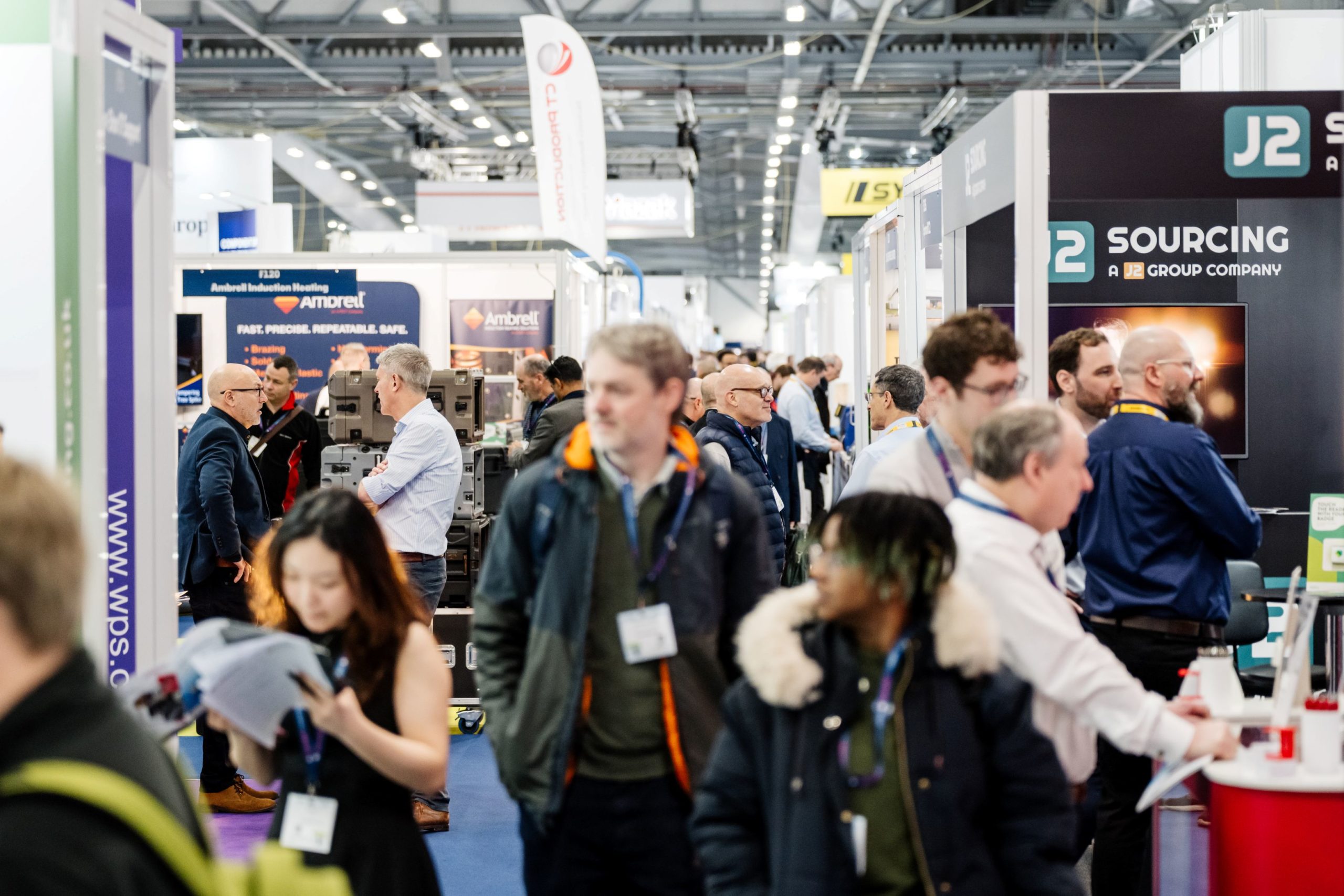ERS Hub calls on youth to fill EV jobs void
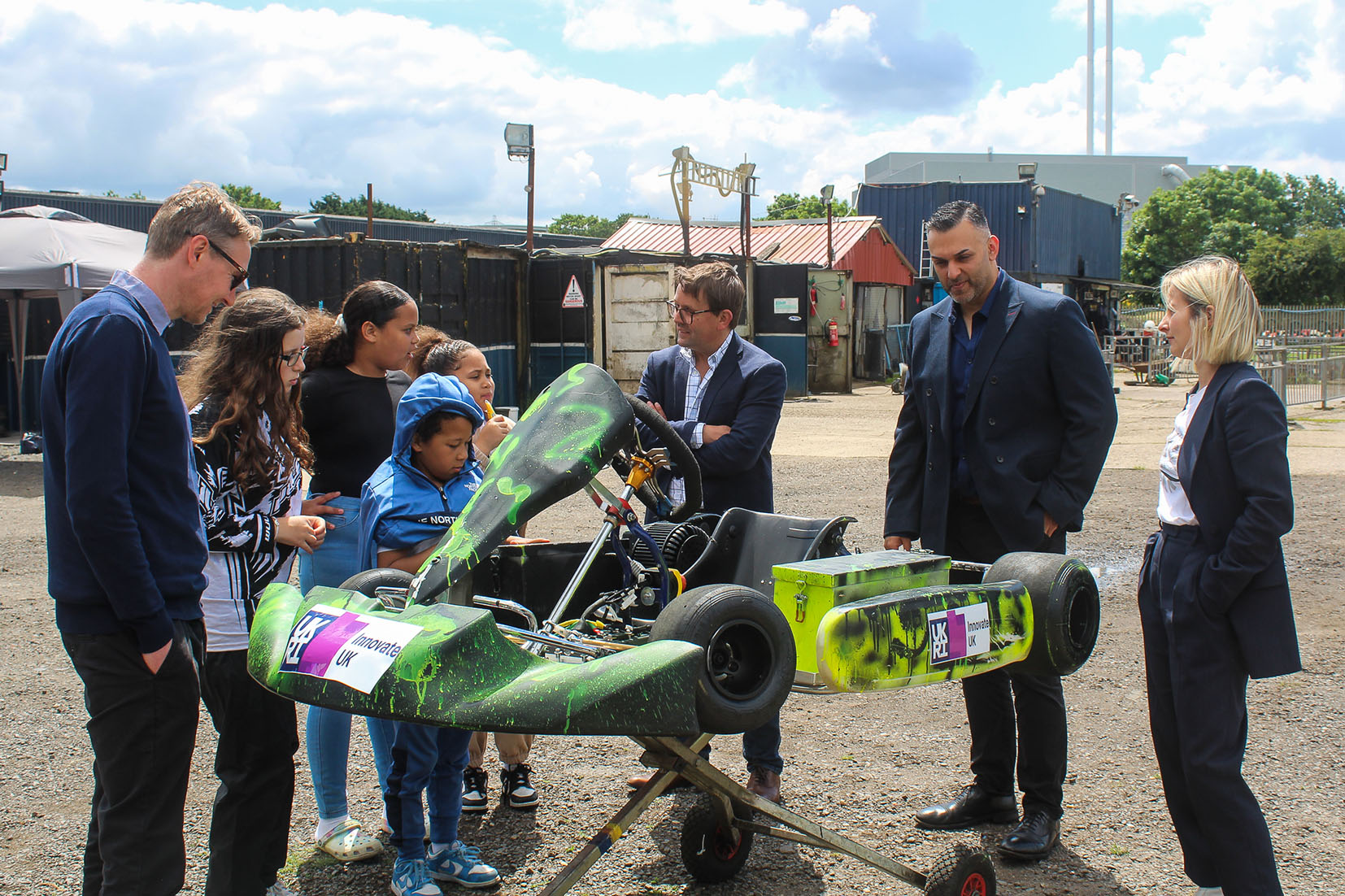
Engaging and boosting inclusivity at grassroots level with young people is going to be essential if the UK is going to fill the hundreds of thousands of expected job opportunities in electrification.
That’s the rallying call from Coventry University’s Deepak Farmah, who is currently helping to connect the emerging community through the Electric Revolution Skills Hub (ERS Hub), an integrated digital platform for providing inclusive access to training, development, and jobs in an electrified and greener future.
The Commercial Director for ERS Hub believes his team has made significant headway in creating an intuitive platform that has brought together education, training providers, employers and the future workforce all in one place, and with clear routes to courses and jobs.
However, he also feels that the big challenge now is to reach out to young people at primary and secondary schools, colleges and hard-to-reach youth groups to get them excited about the world of electrification as a diverse and inclusive sector.
“It is still a fledgling industry. The career paths and the type of jobs available are difficult enough to understand for adults, let alone young people trying to work out what the future holds,” explained Deepak.
“In a Gigafactory alone there are more than17 different roles you can aspire to, whilst in PEMD there are up to 80 knowledge profiles, ranging from motor engineer and design lead through to testing and validation. Our role is about showcasing these and demystifying how you get there.”
He continued: We’ve already started this work, with the aim of engaging with tens of thousands of pupils and hundreds of schools and groups already, but this is just the beginning.
“Our experts have been attending career fairs, industry events, launching podcasts and providing curiosity boxes to educational establishments. These are a great way to start the conversation and encourage young people to build a motor from scratch following a simple lesson plan that can be delivered by any teacher – not just a STEM one.”
The ERS Hub, which is co-funded by Coventry University and UKRI, is keen to support more STEM related activities at grassroots levels and recently threw its weight behind ProtoEV, the ultimate motorsport competition for schools, colleges, youth clubs and apprentices in the UK.
Organised by the Blair Project, five youth teams from South London spent twelve weeks of tireless work and testing to retrofit a fully electric e-kart, before putting it through its paces to try to claim the fastest lap at TRAQ Motor Racing in Croydon.
Leaways School took the first prize for its combined efforts on design, innovation, teamwork and speed, with Liam Palmer also securing the best teacher award. Oasis Play’s two teams finished second and third, as well as claiming the fastest lap accolade.
Experts from the ERS Hub joined Formula 1, Teamsport Karting and Innovate UK in a career session to raise awareness of possible jobs and careers in electrification.
“By providing hands-on experience in clean tech, we not only equip young people with essential skills but also ignite their passion for sustainable solutions and diversity in engineering. Witnessing their creativity and determination reassures me that the future of motorsports and clean technology is in capable and diverse hands,” added Deepak.
Richard Lane, Product Development Director at the ERS Hub, said: “Events like the ProtoEV Challenge are crucial in inspiring the next generation of engineers and innovators.
“Equality, Diversity and Inclusion is a major focus. We want to start conversations with youngsters from different backgrounds, who may not have access to mainstream career advice or opportunities.
“That is the only way we are going to create the pipeline of talent the UK is going to need to grasp the opportunity of electrification. Reducing barriers to entry is key and – the next generation can’t do it, if they can’t see their own path to get there.”
ERS Hub is in the early stages of its grassroots journey and the longer-term plan involves ‘educating the educators on the opportunities’ and pressing the button on a more youth-friendly platform that will appeal to young people.
